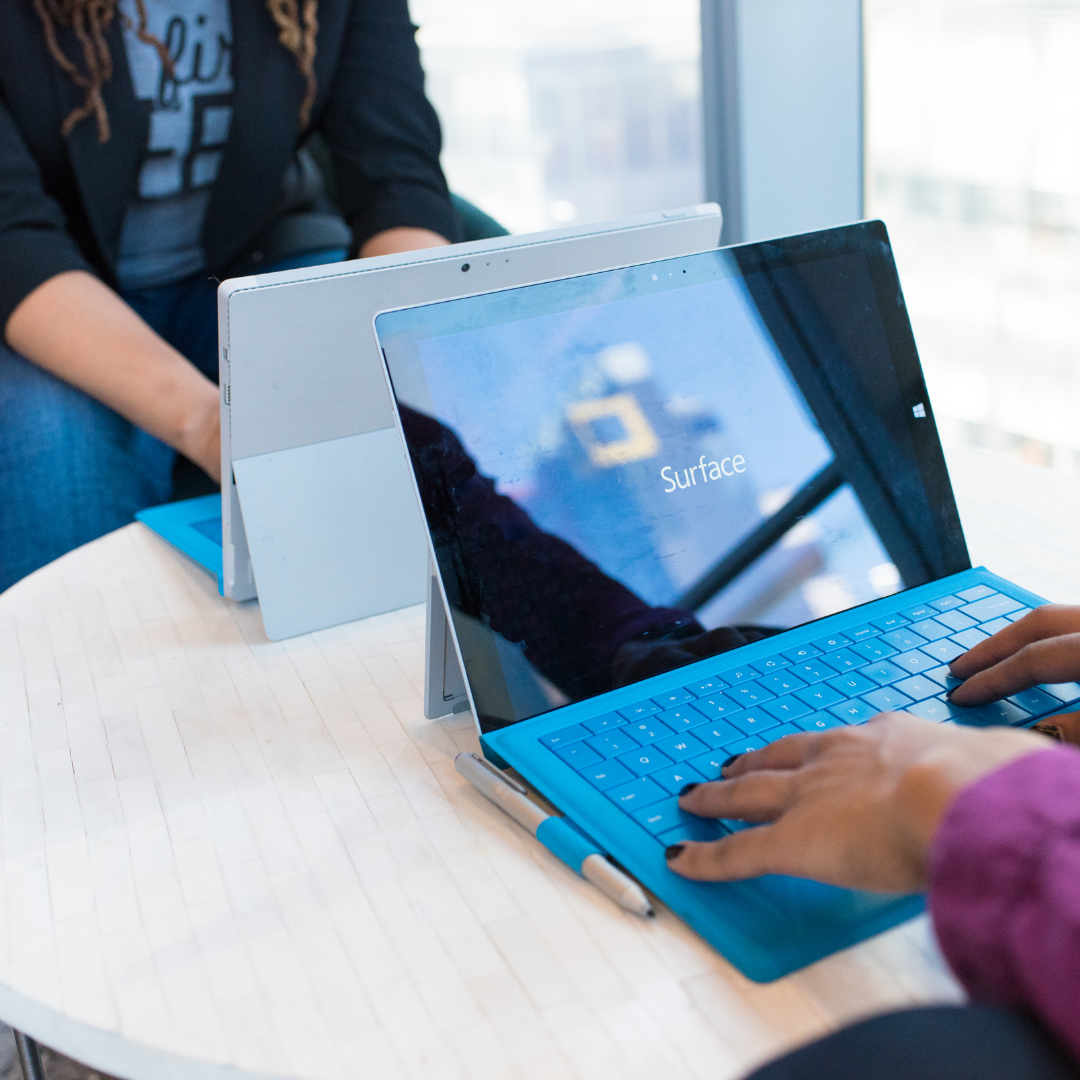Microsoft had introduced a new version of their operating system, which they’re calling Windows 11. At first glance, Windows 11 doesn’t look all that different from Windows 8, with a few notable exceptions: the Start Menu has been replaced with a new design that is more unified, and the desktop is now accessed by swiping from the left edge of the screen. Microsoft has also improved the Windows Store, and there are a few new universal apps that can be used across all devices. Out of all these changes, have you ever thought and wondered whether it is worth upgrading to Windows 11?
Windows 11: The New Version
Microsoft has released Windows 11 and left the biggest question up to the rest of us: Why? Most of the speculation centers on how the company is preparing for the future and how it can compete against the growing number of mobile operating systems to take over the world.
Microsoft has stated that Windows 11 is meant to focus on the “work” rather than the “play” side of the OS. In other words, its main goal is to make your computer more productive. The problem is many Windows users don’t want to be productive. They want their computers to do the things they want them to do, like play games, browse the web, check email, and listen to music.
Well, the time for Windows, and all other operating systems, to die out has long passed. Microsoft is already making Windows 10 look and feel better than Windows 7, and with Windows 11, the software giant has confirmed that it has no intention of stopping. This new version was launched in October 2021 and is available as a free upgrade for all Windows 7 and Windows 8 users.
Windows 11: Why should you have the upgrade?
Since the release of Windows 10 in 2015, Microsoft has been making significant changes to the desktop, the interface that we use, and the computer itself. This year, however, Microsoft has announced Windows 11, and from what we have seen so far, it will be their first major update to Windows 10.
The latest release of Windows has been getting a lot of press lately. It’s called Windows 11, and it’s designed to be a more integrated version of Windows than we’ve seen before. For example, Windows 11 will use an app store to help users find and buy third-party apps and games, rather than forcing users to download them from the Windows Store. It will also let users access all their apps and files from the taskbar, not just those from Microsoft. This means that it will be easier for users to find and switch between apps if they use multiple ones.
Windows 11 is a new operating system from Microsoft that will succeed Windows 10. It will be released in the spring of this year. If you have an existing Windows 10 computer, you should first upgrade to Windows 10 since the Windows 10 upgrade will be free of charge for a year. Then, you can upgrade to Windows 11, which will be free of charge for five years.
On the other side of the Windows 11 upgrade…
In the past few months, millions of people have upgraded their Windows 10 operating system to Windows 11. The all-new version of Windows is, in many ways, a step backward. The user interface is much worse than Windows 10, and Windows 10 users report various annoying issues after installing Windows 11.
Microsoft launched the new Windows 11 upgrade in October to the general public, and the excitement has been well received. However, the excitement has not been without its downsides too. Several users have reported issues with the new operating system, and some are having serious problems.
To Upgrade or Not?
One of the most important things that you should consider before upgrading to Windows 10 is whether it’s worth it to do so. Upgrading to Windows 10 is optional, and there’s no need to do so unless you want to. But, if you decide to do it, you should know that it’s not as simple as just installing the OS, waiting for it to install, and then being able to use the operating system. If you’re not prepared for the experience and don’t follow all the steps, you can have issues with either the OS itself or your hardware.

